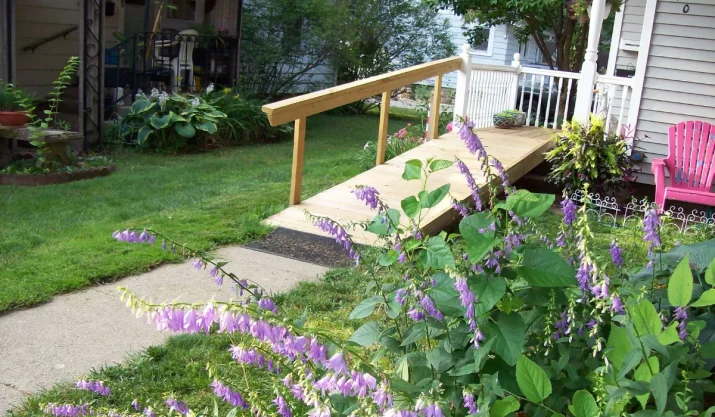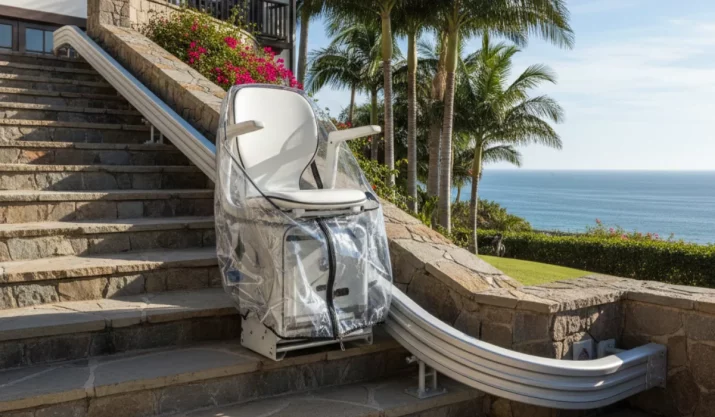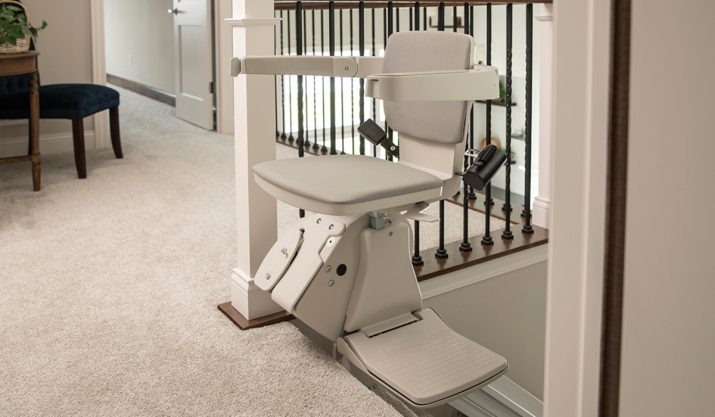The 7 Best Stair Assist Devices for Your Home
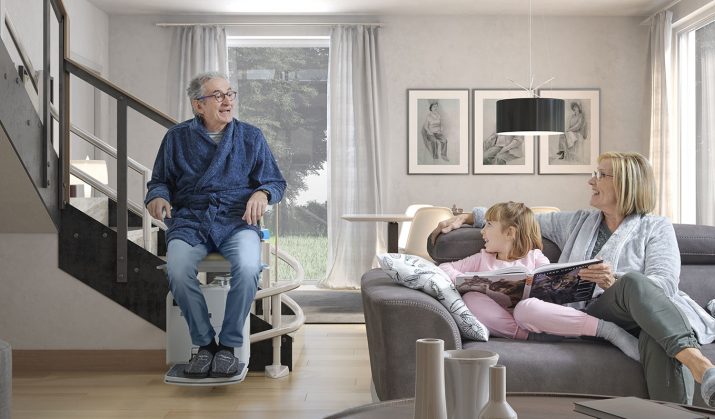
Table of Contents
Staying safe and independent at home can become a challenge for individuals with limited mobility, especially when stairs are involved. Whether you have balance issues, are recovering from an injury, or want to make your home more accessible for loved ones, stair assist devices can make navigating stairs safer and easier.
In this article, we’ll explore high-quality stair assist devices like stair lifts, wheelchair lifts, and other mobility aids. Whether you need help climbing up or down stairs, there’s an option tailored to your needs.
Stair Lifts
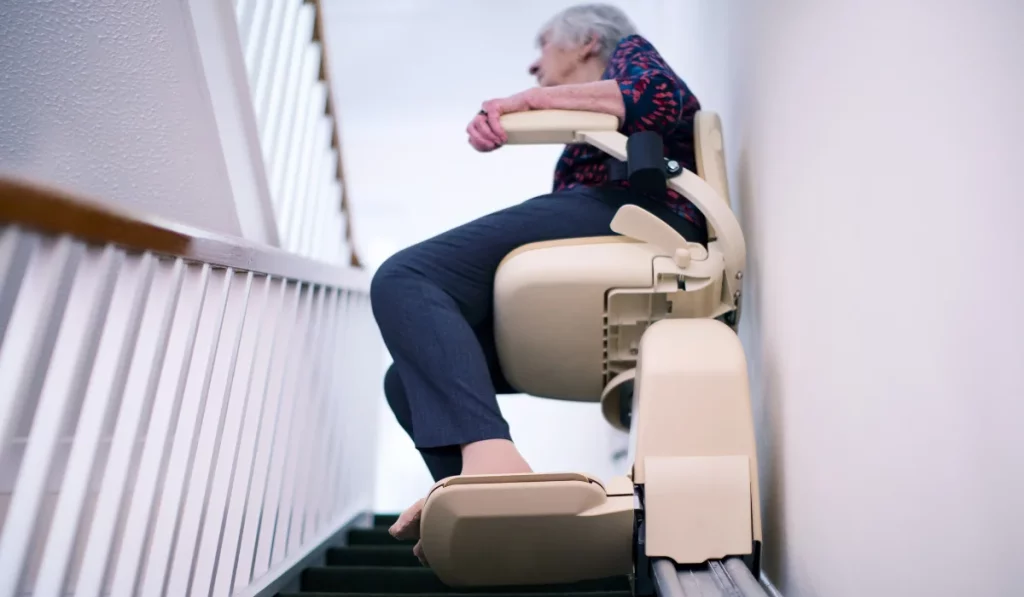
Stair lifts are one of the most popular stair assist devices for individuals with mobility issues. These motorized chairs run along a track installed on your staircase, providing a comfortable and safe way to move between floors.
Features to Consider
- Seat Belt and Swivel Chair: For added safety and ease of use.
- Footrests and Armrests: Provide comfort during transit.
- Weight Capacity: Options are available for various needs, including heavy-duty models.
- Straight or Curved Options: Customizable for different staircase designs.
Price Range
Stair lifts typically cost between $3,000 and $14,000, including professional installation.
Pros and Cons
| Pros | Cons |
|---|---|
| Easy to use with minimal physical effort | Requires home modifications. |
| Works during a power outage thanks to battery backups |
Wheelchair Lifts
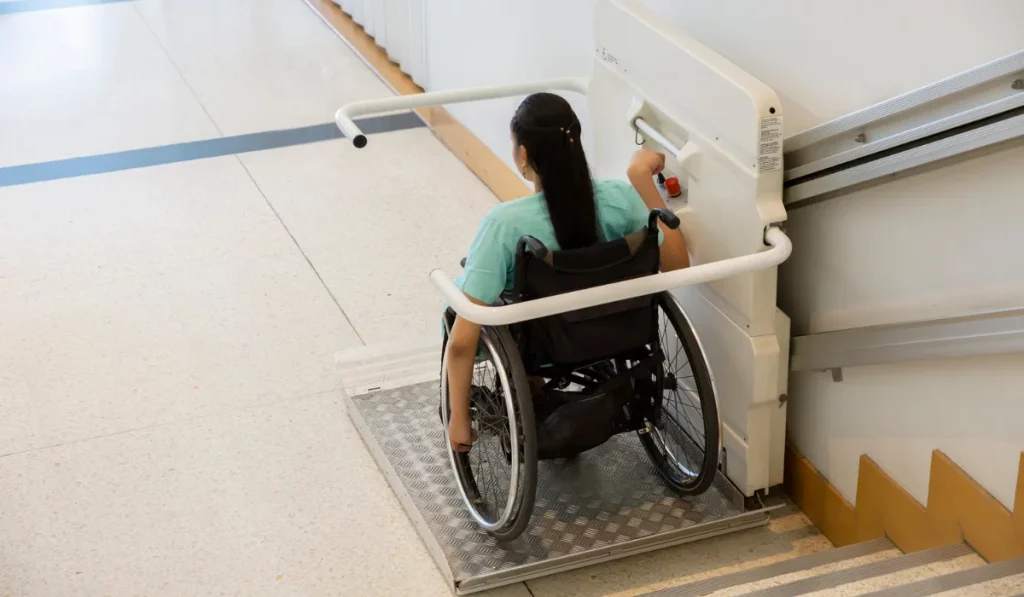
Wheelchair lifts, also known as platform lifts, are excellent solutions for wheelchair users. These devices are either inclined (following the staircase) or vertical (lifting straight up), making multi-level homes accessible.
Price Range
Prices range from $1,000 to $15,000, depending on the type and required modifications.
Pros and Cons
| Pros | Cons |
|---|---|
| Enables wheelchair users to access all levels of their homes | May require significant space |
| More affordable than home elevators |
EZ-Step Stair Climbing Cane
The EZ-Step Stair Climbing Cane is a lightweight mobility aid designed to reduce the strain on your knees when climbing stairs. With its non-slip footrest, it lowers the height of each step, making stairs more manageable.
Price Range
$89 to $99.
Pros and Cons
| Pros | Cons |
|---|---|
| Portable and versatile | Limited support for individuals with severe balance issues |
| Affordable and easy to use |
StairAide Kit
The StairAide kit is a stair aid solution that uses half-steps to reduce the height of each step, minimizing knee strain. Unlike portable options, these steps are installed directly on your staircase.
Price Range
Individual steps start at $45, with full kits costing up to $630.
Pros and Cons
| Pros | Cons |
|---|---|
| Affordable compared to stair lifts | Requires installation |
| Reduces stress on joints |
Aress B52 Aluminum Handrail Kit
A good handrail is essential for stair safety. The Aress B52 Aluminum Handrail is durable, corrosion-resistant, and fingerprint-resistant, offering a sleek design for indoor or outdoor use.
Price Range
$125 to $167, depending on size.
Pros and Cons
| Pros | Cons |
|---|---|
| Easy to install and maintain | Limited design options |
| Sturdy, non-slip surface |
StairSteady
The StairSteady system combines a rail and locking mechanism to provide extra stability when using stairs. It’s ideal for individuals with mild balance issues who need additional support but don’t require a full stair lift.
Price Range
Approximately $750.
Pros and Cons
| Pros | Cons |
|---|---|
| Space-saving design | May not provide enough support for those with severe mobility limitations |
| Compact and foldable when not in use |
Home Elevators
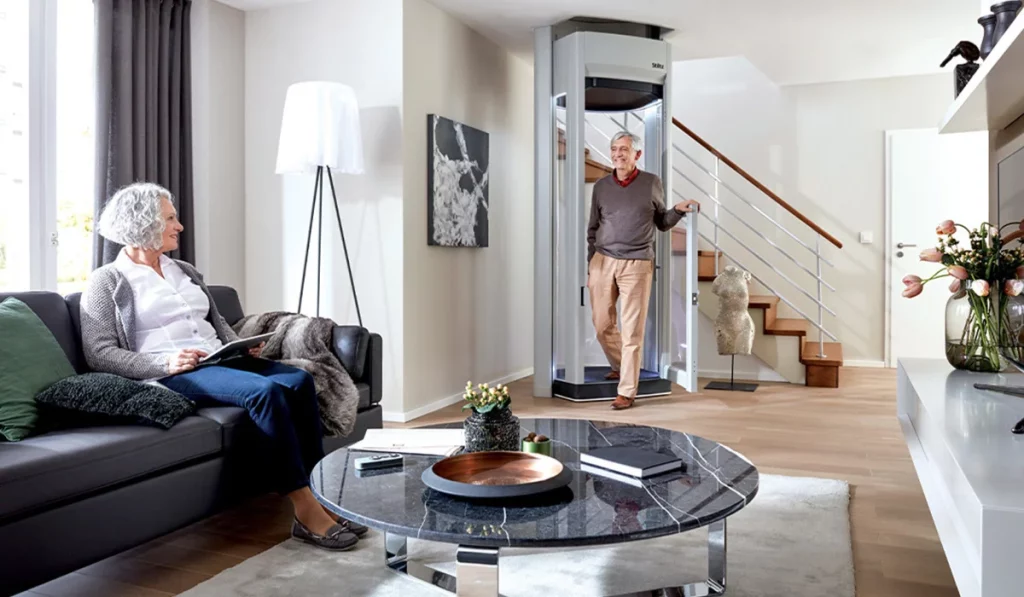
For a complete solution, home elevators offer an elegant way to avoid stairs entirely. They’re ideal for individuals with significant disabilities or those who want a long-term accessibility solution.
Price Range
$35,000 to $50,000, including installation.
Pros and Cons
| Pros | Cons |
|---|---|
| Can carry multiple passengers and items like laundry or groceries | High cost and space requirements |
| Equipped with auto-stop sensors for safety |
Choosing the Right Stair Assist Device
When deciding on a stair assist device, consider:
- Mobility Needs: Do you need a temporary aid or a permanent solution?
- Budget: Options range from affordable canes to premium home elevators.
- Staircase Design: Ensure compatibility with your staircase, whether straight or curved.
Remember, professional installation is recommended for most devices to ensure safety and longevity.Navigating stairs shouldn’t be a barrier to staying in your own home. From stair lifts to handrails, these mobility aids make it easier to age in place safely and comfortably. Reach out to California Mobility for a consultation and find the perfect solution for your needs.




